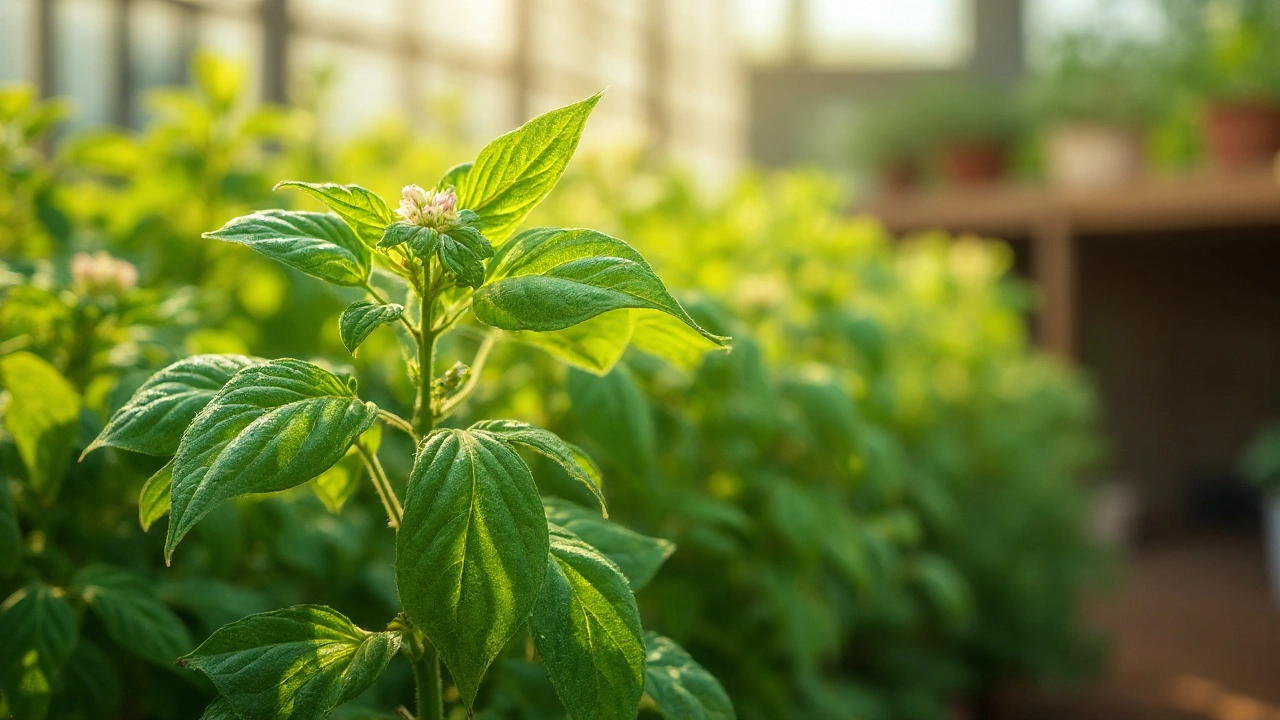Ayurvedic Herbal Supplements – What They Are and Why They Matter
Ayurveda is an ancient Indian system that uses plants, minerals, and lifestyle habits to keep the body balanced. When you hear "Ayurvedic herbal supplement," think of a capsule or powder that contains herbs like Ashwagandha, Turmeric, or Triphala. People turn to these supplements because they want natural support for stress, digestion, sleep, and immunity without a prescription.
The biggest draw is simplicity. Instead of juggling several prescription drugs, many users pick one or two herbal blends that target a specific concern. The idea is to work with the body’s own chemistry, not against it. If you’ve tried a multivitamin that felt bland, an Ayurvedic formula can feel more focused – like a custom‑made tool for your health goals.
Top Ayurvedic Herbs You’ll See in Supplements
Ashwagandha – Often called “Indian ginseng,” it’s praised for stress relief and stamina. A typical dose is 300‑500 mg of a standardized extract taken once or twice a day.
Turmeric (Curcumin) – The golden spice that fights inflammation. Look for products with black‑pepper extract (piperine) to improve absorption.
Triphala – A mix of three fruits that supports digestion and detox. It’s a common base for many gut‑friendly formulas.
Brahmi (Bacopa monnieri) – Used for memory and mental clarity. Most people start with 300 mg daily and notice a subtle boost after a few weeks.
Guduchi – Known for immune support. It’s bitter, so many brands mask the taste with honey or a capsule.
How to Choose a Safe and Effective Product
Not every bottle labeled "Ayurvedic" is created equal. Here are three quick checks you can do before you click “add to cart.”
1. Third‑party testing – Look for a seal from NSF, USP, or a similar lab. This means the label matches what’s inside.
2. Standardized extracts – The label should list the active compound (e.g., withanolides 5% for Ashwagandha). Standardization guarantees you get a consistent dose.
3. Transparent sourcing – Companies that tell you where the herb was grown (organic farms in India, for example) are usually more trustworthy.
If a product seems too cheap, it probably cuts corners on quality. A fair price for a month’s supply of a reputable blend is usually between $15 and $30.
Safety is another piece of the puzzle. Most Ayurvedic herbs are gentle, but they can interact with meds like blood thinners or thyroid pills. Always read the warning box and, if you’re on prescription drugs, ask your doctor or pharmacist before starting.
Finally, give your body time. Herbal supplements work best when you take them consistently for at least 4‑6 weeks. Track how you feel – energy, sleep, digestion – and adjust the dose if needed.
Whether you’re curious about Sweet Woodruff’s calming effects or you’ve heard good things about Mouse Ear for immunity, the Ayurvedic world offers many options. Start with one well‑researched herb, stick to a routine, and you’ll see if it fits your health plan.
In short, Ayurvedic herbal supplements can be a practical, natural addition to a balanced lifestyle. Choose quality, check for interactions, and give them a fair trial. Your body will tell you if it’s a good match.
Holy Basil Supplement: The Science Driving Its Global Boom

Explore how Holy Basil (Tulsi) works, the key phytochemicals behind its adaptogenic power, clinical evidence, market growth, and safe usage tips.
- September 22 2025
- Tony Newman
- 15 Comments
